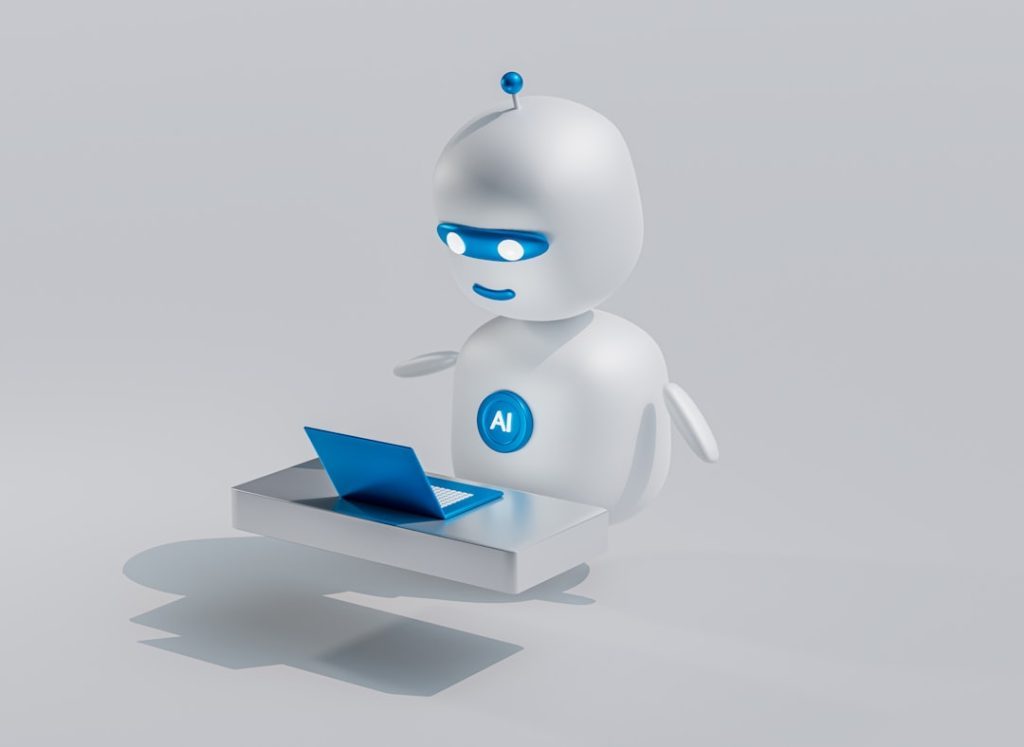Artificial Intelligence (AI) is no longer the stuff of science fiction. It has rapidly evolved into a powerful force driving innovation across every sector of society, from healthcare and education to transportation and entertainment. As AI systems continue to improve in complexity and capability, they are reshaping our world, redefining what machines can do and what it means to be human in a technology-driven age.
The Rise of AI: From Concept to Reality
The concept of artificial intelligence was introduced as early as the 1950s, but it is only in recent decades that technological advances have made it truly viable. Improvements in computing power, access to big data, and sophisticated algorithms have transformed AI from a theoretical pursuit into a real-world asset. Machine learning and deep learning, subsets of AI, now allow systems to “learn” from data and make decisions that are increasingly accurate and tailored.
Today, AI applications are everywhere. From voice assistants like Siri and Alexa to recommendation engines on Netflix and Amazon, AI quietly powers many tools we use daily.
How AI Is Transforming Key Sectors
1. Healthcare: AI is revolutionizing the healthcare industry by enabling faster and more accurate diagnostics, personalized treatment plans, and predictive analytics. AI-powered tools can analyze medical images, detect anomalies, and even predict patient outcomes with higher precision than traditional methods.
2. Transportation: Self-driving cars and smart traffic systems are ushering in a new era of transportation. AI helps vehicles interpret sensor input, predict future situations on the road, and make split-second decisions to ensure safety and efficiency.
3. Finance: In the financial world, AI is used for fraud detection, algorithmic trading, and risk management. Chatbots are also being used to offer personalized customer service at scale.
4. Education: Personalized learning platforms analyze student performance in real time and adapt lessons to suit individual learning styles, which helps improve outcomes and engagement.
5. Manufacturing: With AI-driven robotics and automation systems, factories are becoming smarter and more efficient. Predictive maintenance minimizes downtime, while AI enhances supply chain management.
Ethical Considerations and Challenges
While AI presents immense opportunities, it also raises significant ethical and societal questions. As machines take on more decision-making roles, questions about accountability and bias become critical. AI systems can inherit the biases of their training data, leading to unintended and sometimes harmful outcomes.
- Bias and fairness: Ensuring that AI decisions are fair and unbiased remains a major challenge, especially in sensitive areas like law enforcement and hiring.
- Privacy: As AI systems often rely on large datasets, concerns about data privacy and surveillance are increasingly pressing.
- Job displacement: Automation enabled by AI could lead to significant changes in the job market, with some roles being eliminated while new ones are created.
The Road Ahead: What to Expect
The future of AI is full of potential. As technology continues to evolve, experts predict a future where AI and humans work side by side in seamless collaboration. Developments in natural language processing, computer vision, and neural networks are unlocking new possibilities in how machines can understand and interact with the world.
In the next decade, we are likely to see more:
- Human-AI collaboration in fields like medicine, law, and engineering.
- Autonomous systems becoming mainstream in transportation and logistics.
- Smarter virtual assistants capable of handling complex tasks and offering deeper insights.
AI will also play a critical role in addressing global challenges, from combating climate change to improving food security and sustainability. With responsible development and inclusive policies, AI can be a transformative tool for good.
Conclusion
Artificial Intelligence is not just a technological trend — it’s a paradigm shift that is redefining the future. As we navigate this transformative era, it’s vital to balance innovation with thoughtful governance, ensuring that AI enhances human well-being and creates equitable opportunities for all. The emergence of AI is a journey that involves not just machines and algorithms, but people, policies, and purpose. Our collective choices today will shape the intelligent world of tomorrow.

